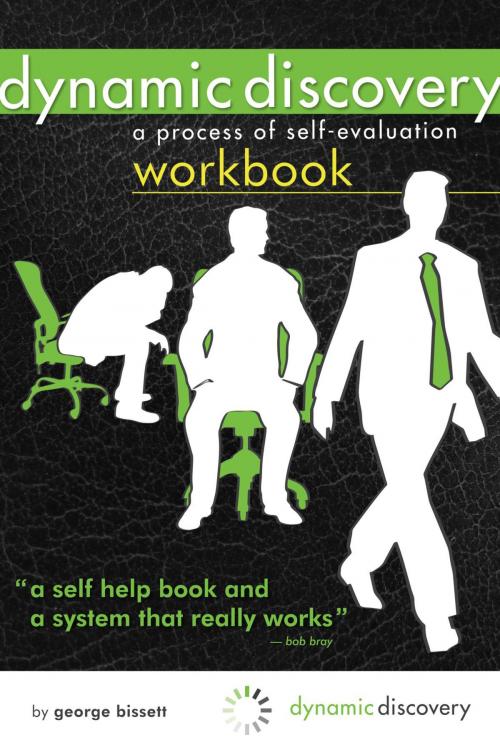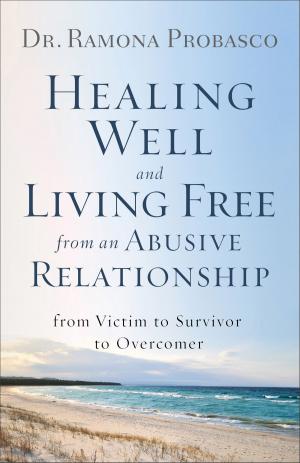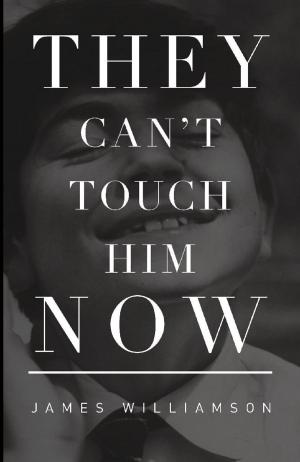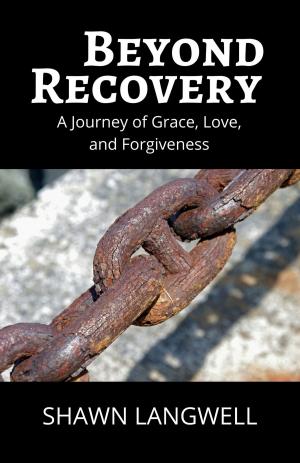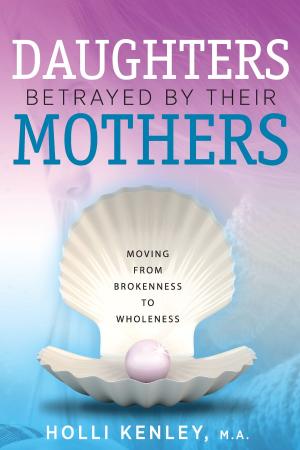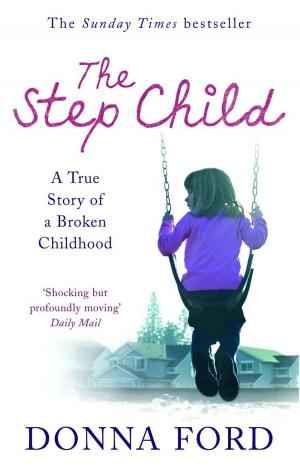Dynamic Discovery Workbook
Nonfiction, Health & Well Being, Self Help, Mental Health, Codependency, Abuse| Author: | George Bissett | ISBN: | 9780993908415 |
| Publisher: | George Bissett | Publication: | October 20, 2014 |
| Imprint: | Language: | English |
| Author: | George Bissett |
| ISBN: | 9780993908415 |
| Publisher: | George Bissett |
| Publication: | October 20, 2014 |
| Imprint: | |
| Language: | English |
This workbook is a companion piece to the Dynamic Discovery book and is intended to help you fully incorporate the Dynamic Discovery process of self-evaluation for change. Dynamic Discovery is not about being presented with a good dose of reality or harshly being told to get on with things. It is more to do with helping individuals find better ways of meeting their needs and taking responsibility for themselves and their lives. As opposed to traditional counseling, which often involves delving into the past, in Dynamic Discovery we believe that the solution lies in the present and the future. We visit the past to a lesser extent than those who use other therapies. This is not a criticism of those who use other therapies it is simply a way in which Dynamic Discovery is different. In Dynamic Discovery, the past is seen as the source of our wants and of our ways of behaving. Not only are the bad things that happened to us there, but our successes are there, too. The focus of Dynamic Discovery is to learn what needs to be learned about the past, but to also move as quickly as feasible toward empowering the client to satisfy his or her needs and wants in the present and in the future. It is our present perceptions that influence our present Behavior, and so it is these perceptions that the Dynamic Discovery process helps the client to work through. Our objectives are: • To show you how to create a better life for yourself based on your self- evaluation. • To help you to determine whether your current actions and decisions will lead you to the goals or successes you want for yourself. • To help you find better ways to meet your needs. • To help you understand and take responsibility for the choices you make, so you are able to strengthen your relationships through personal change. • To help you self-evaluate symptoms and complaints and change them, to better deal with current relationship problems. Our major premise is that we are responsible for our own choices, decisions, goals, and the general degree of happiness in our own lives. Through Dynamic Discovery, you will come to understand why and how you make the choices that determine the course of your life, recognizing that: 1. You have freedom to make choices. 2. You must take responsibility for your choices. 3. Your Behavior should be considered in its totality. 4. Your capacity to change is in you. 5. You are only a victim if you choose to be. The single most important question to aid your self-evaluation is, “How is that working out for me?” From there, the Dynamic Discovery process will help you change whatever Behavior is preventing you from getting or becoming what you really want. Throughout this workbook, you will be asked a number of questions In order to keep you focused on where you want to go, on a daily basis or longer term. Some of those questions are: • What do I want? • What is that going to do for me? • What’s stopping me? • What’s important to me here? • What’s working well? • What can be better? • What resources are going to support me? Because Dynamic Discovery is very much a therapy of hope based on the conviction that we are products of the past, but we do not have to go on being its victims I encourage you to adopt and adapt the strategies and activities described in the Dynamic Discovery book and in this workbook in order to allow the process to work for you.
This workbook is a companion piece to the Dynamic Discovery book and is intended to help you fully incorporate the Dynamic Discovery process of self-evaluation for change. Dynamic Discovery is not about being presented with a good dose of reality or harshly being told to get on with things. It is more to do with helping individuals find better ways of meeting their needs and taking responsibility for themselves and their lives. As opposed to traditional counseling, which often involves delving into the past, in Dynamic Discovery we believe that the solution lies in the present and the future. We visit the past to a lesser extent than those who use other therapies. This is not a criticism of those who use other therapies it is simply a way in which Dynamic Discovery is different. In Dynamic Discovery, the past is seen as the source of our wants and of our ways of behaving. Not only are the bad things that happened to us there, but our successes are there, too. The focus of Dynamic Discovery is to learn what needs to be learned about the past, but to also move as quickly as feasible toward empowering the client to satisfy his or her needs and wants in the present and in the future. It is our present perceptions that influence our present Behavior, and so it is these perceptions that the Dynamic Discovery process helps the client to work through. Our objectives are: • To show you how to create a better life for yourself based on your self- evaluation. • To help you to determine whether your current actions and decisions will lead you to the goals or successes you want for yourself. • To help you find better ways to meet your needs. • To help you understand and take responsibility for the choices you make, so you are able to strengthen your relationships through personal change. • To help you self-evaluate symptoms and complaints and change them, to better deal with current relationship problems. Our major premise is that we are responsible for our own choices, decisions, goals, and the general degree of happiness in our own lives. Through Dynamic Discovery, you will come to understand why and how you make the choices that determine the course of your life, recognizing that: 1. You have freedom to make choices. 2. You must take responsibility for your choices. 3. Your Behavior should be considered in its totality. 4. Your capacity to change is in you. 5. You are only a victim if you choose to be. The single most important question to aid your self-evaluation is, “How is that working out for me?” From there, the Dynamic Discovery process will help you change whatever Behavior is preventing you from getting or becoming what you really want. Throughout this workbook, you will be asked a number of questions In order to keep you focused on where you want to go, on a daily basis or longer term. Some of those questions are: • What do I want? • What is that going to do for me? • What’s stopping me? • What’s important to me here? • What’s working well? • What can be better? • What resources are going to support me? Because Dynamic Discovery is very much a therapy of hope based on the conviction that we are products of the past, but we do not have to go on being its victims I encourage you to adopt and adapt the strategies and activities described in the Dynamic Discovery book and in this workbook in order to allow the process to work for you.
